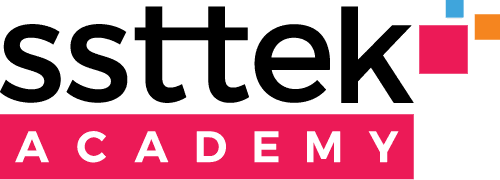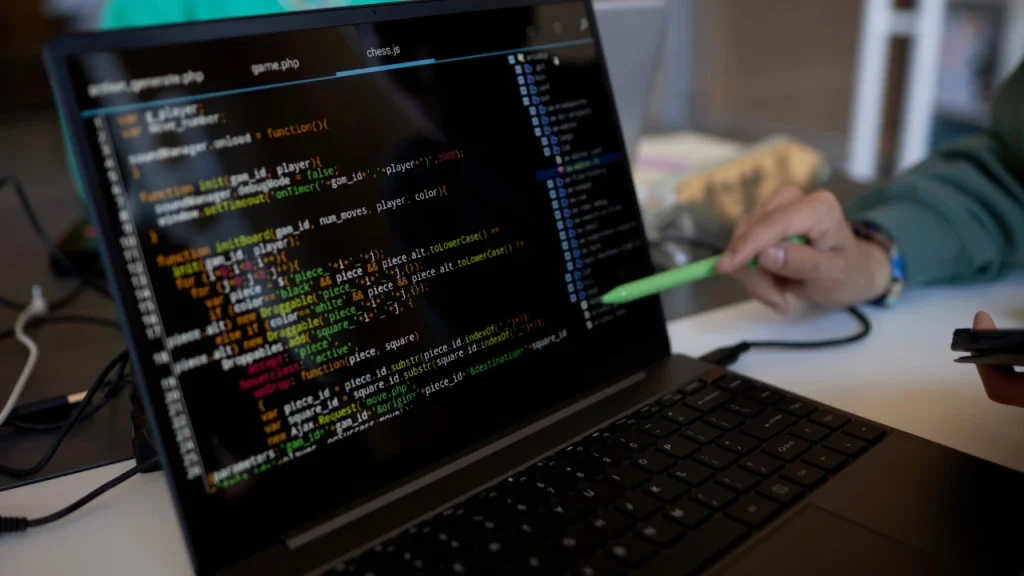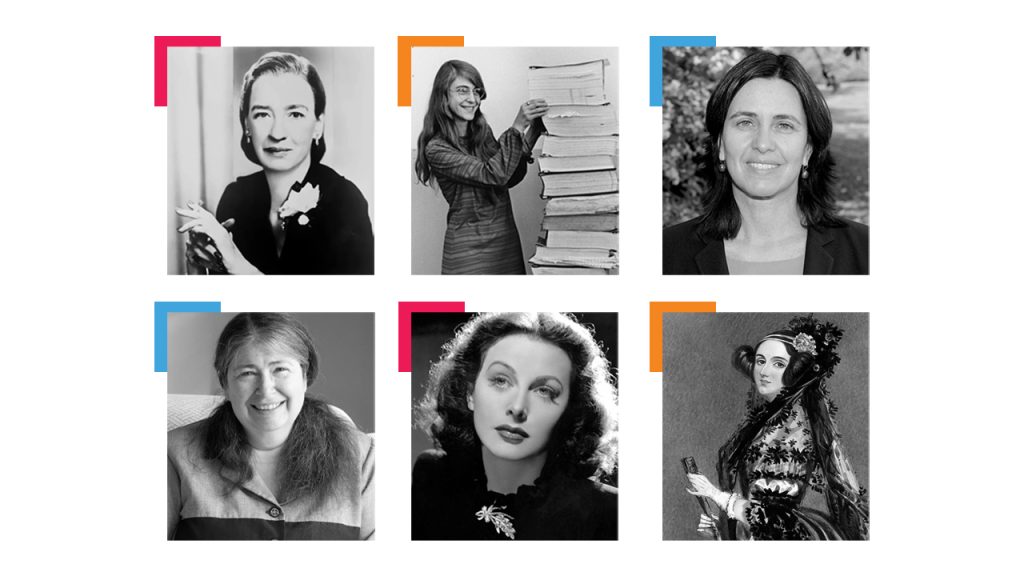The software industry has significantly attracted the attention of anyone interested in technology. However, stepping into this world can sometimes feel daunting. At this point, a coding bootcamp might ease your concerns! While the term “bootcamp” originally referred to military training camps, it has taken on a different meaning in the tech world.
In the context of software development, a “bootcamp” refers to programs designed to quickly and intensively train individuals to become proficient in a specific area. If you also believe that learning how to code is a long and challenging process, this article will explore what a coding bootcamp is, what subjects it covers, and why it has become so popular.
What Subjects Do Coding Bootcamps Cover?
Coding bootcamps are intensive programs designed to help you master a particular area of software development in a short amount of time. You can choose from various subjects depending on your interests. Here are some of the primary topics covered in coding bootcamps:
- Software Development
Participants of software development bootcamps typically learn how to build software programming languages and development processes. Some of the popular programming languages range from Python, JavaScript, Java, C# to Ruby. In a software development bootcamp, you can also gain knowledge in version control systems (e.g., Git) and software testing techniques.
- Full-Stack Development
Full-stack development encompasses both front-end (client-side) and back-end (server-side) development. Coding bootcamps in this area cover coding languages like HTML, CSS, and JavaScript, as well as frameworks such as Node.js, React, and Angular. It is also possible to gain information about database management and server-side programming languages. Still, if you are interested in full-stack development, yet want to specialize as either frontend developer or backend developer, it might be beneficial to attend a bootcamp catered to only one area.
- UI/UX Design
User Interface (UI) and User Experience (UX) design are another essential subject in coding bootcamps. Participants in such bootcamps focus on creating user-friendly and aesthetically pleasing interfaces that enhance the overall user experience. However, UI/UX design is not only about visual design, but it also involves understanding how users interact with products. Commonly used tools in this field include Sketch, Figma, and Adobe XD.
- Data Analyst
Data analysts manage the process of collecting, analyzing, and interpreting data to extract meaningful insights. Coding bootcamps in this field often teach programming languages like Python or R, along with SQL and data visualization tools such as Tableau. In addition, other topics such as data cleaning, data mining, and statistical analysis techniques can be covered in these bootcamps.

Why Should You Choose a Coding Bootcamp?
Coding bootcamps, available both in-person and online, offer flexible learning paths. In that sense, they are ideal for those looking to make significant progress in just a few months. Even more, many bootcamps provide courses outside of regular work hours or on weekends, making them accessible to working professionals as well. One of the main advantages of a coding bootcamp is that they emphasize learning through projects, ensuring that you develop the skills needed to stand out in the job market.
Benefits of Coding Bootcamp
Coding bootcamps are particularly beneficial for those looking to quickly transition into a new career. Graduates often secure high-paying roles in the tech industry, such as software developer, data analyst, or DevOps engineer. Whether you want to work for a startup or a large tech company, a coding bootcamp can be an excellent sstarting point. Moreover, since software developers typically enjoy flexible working hours and remote work options, you can maintain a better work-life balance by building a career in software development through a coding bootcamp.
How Long Is a Coding Bootcamp?
The duration of coding bootcamps for beginners or advanced learners varies depending on the program’s intensity and scope. Full-time coding bootcamps generally last between 12 to 24 weeks, while part-time programs can extend over 24 weeks or longer. The duration may also vary based on whether the bootcamp is online or in-person. Additionally, shorter bootcamps focused on specific topics are also available. For example, SSTTEK Academy offers a back-end development bootcamp centered around building web applications with .NET Core. If you’re looking to advance your skills and enter the software industry, don’t forget to apply to our Back-End Development Bootcamp!



